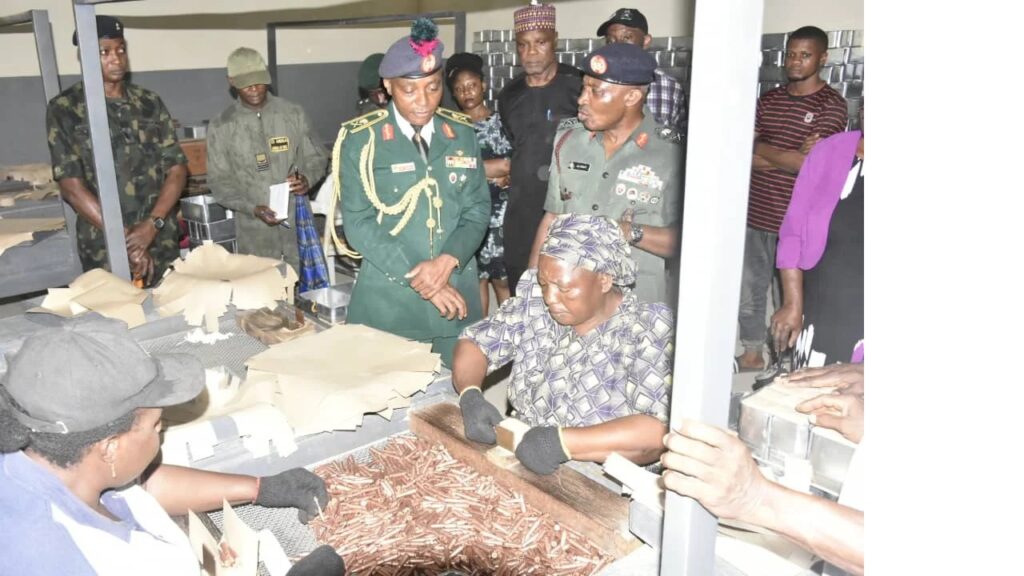
The Nigerian Political Science Association (NPSA), South-West Zone, has urged the political class to consider efficient service delivery to avoid a resurgence of unconstitutional change of government.
The association stressed that it was in their (politicians) best interest to ensure this, noting that lack of service delivery was a trigger for military intervention in some West African countries in the past.
This was contained in a communiqué signed by its President, Prof. Adefemi Isumonah and an ex-officio member, Prof. Sat Obiyan, at the end of the third yearly conference of the association, tagged: “Nigeria’s Fourth Republic at 25: Democratic Governance, the State and Service Delivery,” held at Lead City University, Ibadan.
According to the association, poor service delivery is evident from the poor road network and bad roads, poor sanitation or waste management, and epileptic power supply, among others.
The communiqué reads in part: “Politics has been conceived and seen by the political class and members of the public as the struggle for power and access to public resources for self-enrichment and aggrandisement. Service delivery is not on the top priority list of the governing class.”
“The governing class does not seem to appreciate that it is in their self-interest to pay attention to robust and efficient service delivery, the lack of which was a trigger for military intervention in politics in the past and the resurgence of unconstitutional change of government in some West African states in recent times.”
The scholars admonished the political class and the Nigerian public to embrace the concept of politics as the concern with public good or the pursuit of public good as espoused by Plato, Aristotle and Martin Luther King (Jnr).
It also recommended the people’s engagement with decision-makers at all levels of government with a focus on the determination and pursuit of public interest rather than the quest for personal favours, which promotes the misallocation of public resources and worsens Nigeria’s underdevelopment.
Earlier, Isumonah, in his address, bemoaned that political action in Nigeria is dominated by the prevailing concepts of politics, which “emphasise power and influence in the mindset of powerful state and non-state actors,” and extol their struggle for power and resources.
Also, in his welcome address, Vice Chancellor of the university, Prof. Kabiru Adeyemo, noted that the theme of the conference “encapsulates the pivotal need to reflect upon Nigeria’s odyssey towards democratic governance and the imperative task of delivering essential services to the populace.
Also, former Vice Chancellor of Federal University, Oye-Ekiti and professor of Political Science, Lagos State University (LASU), Kayode Soremekun, in his keynote address, titled, “Nigeria: Democracy, Ominous Prophecies and Service Delivery,” noted Prof. Wole Soyinka’s observation of the gloomy tone at the birth of Nigeria that was completely at variance with the euphoria of that celebratory time in 1960.













